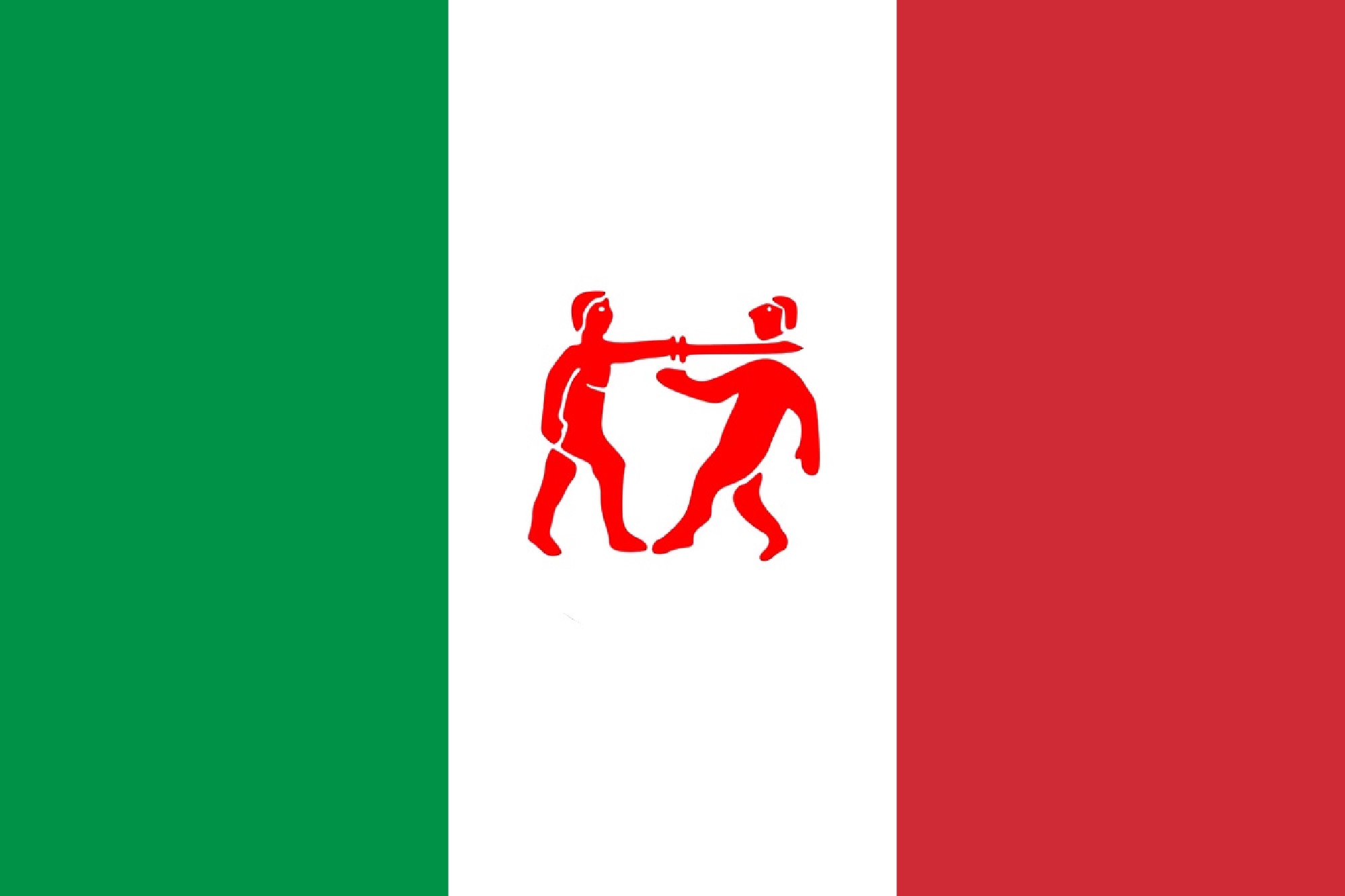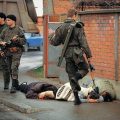Israel’s Ministry of Defense sent arms to Serbian and Bosnian Serb Army during the war in Bosnia, despite the embargo placed by the United Nations on former Yugoslavia. That’s what says a petition to the Supreme Court of Israel signed by two Israeli human rights activists – lawyer Eitay Mack and professor Yair Auron – with whom they ask for details about Israel’s arms exports to a war zone in which in July 1995 the genocide of Srebrenica was perpetrated by the forces of General Ratko Mladić.
As reported by +972 magazine, the activists presented among other documents also Mladić’s journal, in which he “explicitly mentions Serbia’s ample arms ties with Israel at the time”. The Supreme Court of Israel has rejected the request for access to the documents because “exposing Israeli involvement in genocide would damage the country’s foreign relations to such an extent that it would outweigh the public interest in knowing that information, and the possible prosecution of those involved”. The petition of the two activists and the response with which the Supreme Court rejected it, seem to represent an implicit recognition of Israel’s involvement in Srebrenica genocide.
The documents under discussion show how the arms trade took place after the imposition of an embargo (September 1991). Among the documents presented by the petition, a book published in 1992 by the former Serbian Minister of Defense Dobrila Gajić Glišić (titled The Serbian Army) in which he described a major arms deal with Israel:
“Certainly one of the biggest deals was made by Jezdimir Vasiljevic in October 1991 in Israel. For understandable reasons, the details of that deal with the Jews were not made public at the time. It was a complicated and difficult deal. But it was made successfully.”
In 1992, an Israeli defense ministry delegation went on a visit to Belgrade, where was signed an agreement for the supply of weapons. Furthermore, General Mladić wrote in his journal that “from Israel — they proposed joint struggle against Islamist extremists. They offered to train our men in Greece and a free supply of sniper rifles”. According to reports, another trade agreement was signed in 1995.
It should also not be forgotten that several humanitarian organizations denounced Israeli training of Serbian soldiers and the sale of arms as a counterpart for allowing the Jews of Sarajevo to leave the city under siege.
As emphasized in the petition, these secret agreements would highlight the hypocrisy of Israel which has publicly denounced the genocide, as demonstrated in 2013 with the extradition to Bosnia and Herzegovina of Aleksandar Cvetković, accused of participating in the massacre of Srebrenica.
However, the Supreme Court’s refusal to disclose details about the sale of arms — justified by the fear of damaging the country’s international relations — shows how the interest of the Jewish state prevails over the sense of justice.
This consideration makes the position of Israel particularly difficult, namely the country that had no regard for Argentina’s sovereignty, when it kidnapped the SS official Adolf Eichmann and sentenced him to death in 1962 on its own soil.
The privileged relations between Israel and Serbia continued even after the war. This is recalled by the singular positions of the director of the Jerusalem branch of the Simon Wiesenthal Center (SWC), Efraim Zuroff, who has always denied Srebrenica’s genocide — despite the pronouncements of two different international courts — and that, in any case, it is absurd to put it on the same level as the Holocaust. a position that reflects the conviction of many Jewish associations that “their” holocaust is unique and incomparable to others.







